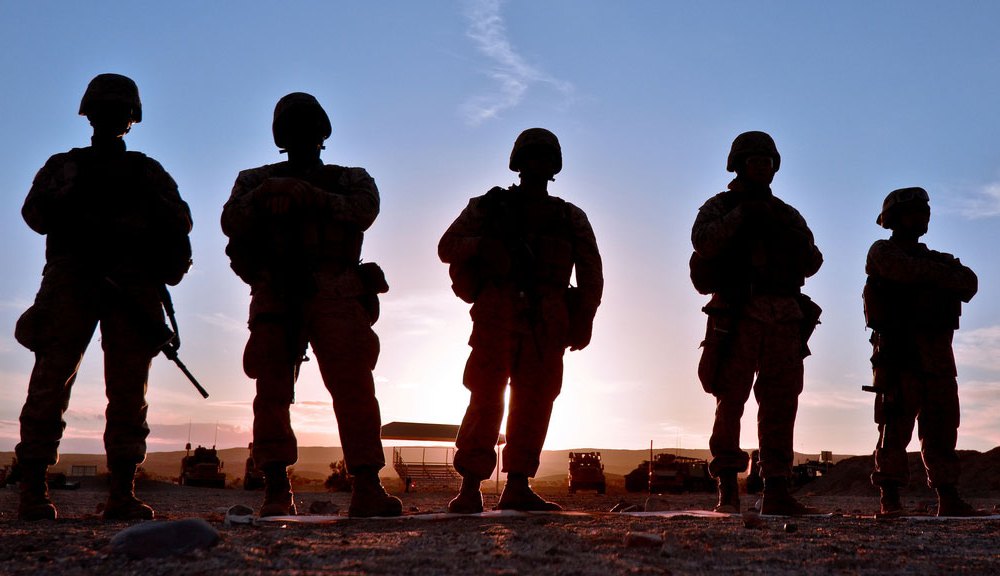Veterans Peace of Mind (VPoM) has provided secular programming for the needs of returning veterans. VPoM offers a study course integrated with mindfulness practice to incarcerated veterans in prisons throughout the United States, but we will also provide it for free to any veteran interested in taking it: Veteran’s Study Course: Warrior’s Heart. For a dozen years, our Fearless Victory program worked with veterans suffering military traumas, integrating mindfulness and equine therapy.
How does mindfulness deal with aggressive, chaotic thoughts filled with hurt and drama, harsh memories and overwhelming emotions? The simple practice of grounding oneself in the present moment using mindfulness techniques allows one to develop steadiness.
We have taught mindfulness and meditation in prisons for many years. During that time, we’ve been saddened by the abundant presence of veterans behind bars. 2.5 million people have served in the wars in Afghanistan and Iraq; of them, a third did multiple tours of duty; and 1.6 million have transitioned into veteran status. Of these, well over 200,000 have received official diagnoses of post-traumatic stress disorder and other military trauma. Though complete statistics on how many have gotten into trouble for crimes remain unavailable, estimates range as high as half of all the vets with post-traumatic stress and other military trauma. Some veterans who suffer from it have never been diagnosed for it, and receive no care at all as they struggle with its symptoms.
Afflicted by severe anxiety, paranoia, flashbacks, depression, and nightmares, they easily fall into alcoholism and drug abuse, domestic violence, and suicidal ideation. Veterans of the American military now take their own lives at the rate of about one every hour. (One active-duty American soldier a day commits suicide.) Confused by symptoms of trauma, many veterans in need of treatment act out, often violently, then find themselves in jails and prisons.
What is Mindfulness? A Secular Approach
By Jon Kabat-Zinn
Fundamentally, mindfulness is a simple concept. Its power lies in its practice and its applications. Mindfulness means paying attention in a particular way: on purpose, in the present moment, and non-judgmentally. This kind of attention nurtures greater awareness, clarity, and acceptance of present-moment reality. It wakes us up to the fact that our lives unfold only in moments.
A diminished awareness of the present moment inevitably creates other problems for us as well through our unconscious and automatic actions and behaviors… Over time, we may lose confidence in our ability to redirect our energies in ways that would lead to greater satisfaction and happiness, perhaps even to greater health.
Mindfulness provides a simple but powerful route for getting ourselves unstuck, back in touch with our own wisdom and vitality. It is a way to take charge of the direction of our lives…
Mindfulness will not conflict with any beliefs or traditions—religious or for that matter scientific—nor is it a new belief system or ideology. It is simply a practical way to be more in touch with the fullness of your being through a systematic process of self-observation, self-inquiry, and mindful action. There is nothing cold, analytical, or unfeeling about it. The overall tenor of mindfulness practice is gentle, appreciative, and nurturing. Another way to think of it would be “heartfulness.”
This approach to mindfulness is the heart of the VPoM programs working with veterans.
